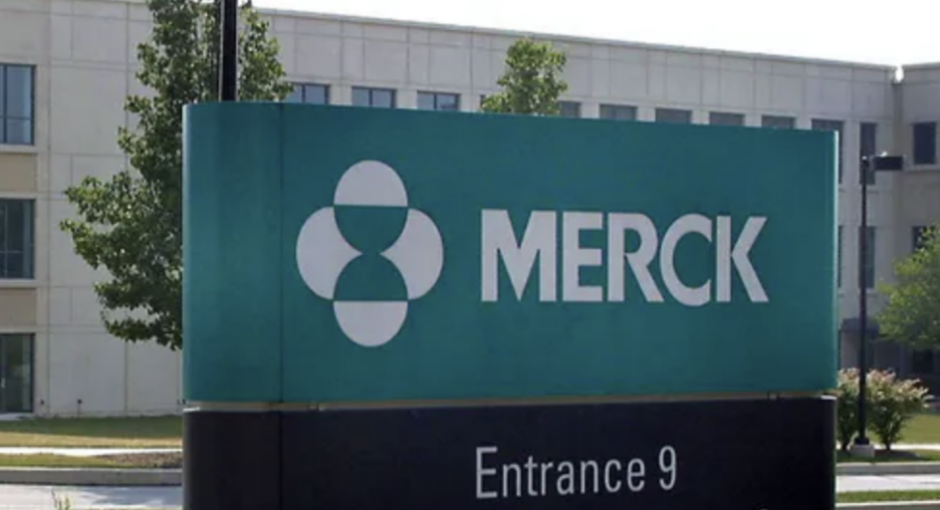340B hospitals are bracing for a blow tomorrow when drug manufacturer Merck imposes restrictions on 340B discounts when hospitals use contract pharmacies to dispense drugs to patients.
Merck’s 340B contract pharmacy limitations will come on the heels of Boehringer Ingelheim’s (BI’s) decision effective Aug. 1 to deny 340B pricing on its products when hospitals contract with pharmacies to dispense the medicines.
During the past year, eight drug makers—Eli Lilly, AstraZeneca, Sanofi, Novartis, United Therapeutics, Novo Nordisk, BI, and Merck—to varying degrees either ended 340B pricing when entities use contract pharmacies or made the pricing contingent upon entities’ handing over their contract pharmacy claims data. Some of the companies have exempted federal grantee 340B covered entities from their new policies. Six of the companies—Lilly, AstraZeneca, Sanofi, Novartis, United Therapeutics, and Novo Nordisk—are suing the U.S. Health and Human Services Department over HHS’s findings in May that the companies’ actions are illegal. HHS likely will send similar cease and desist letters to BI and Merck soon, probably leading to two more 340B contract pharmacy lawsuits.
Merck last summer asked covered entities to voluntarily submit their contract pharmacy claims data for Merck products to a vendor, 340B ESP, “to identify and resolve duplicate Medicaid and commercial rebates.” On Aug. 11, Merck began notifying entities that, due to “very low” voluntary compliance, starting Sept. 1 hospitals would have to supply the data to keep getting discounts when they use contract pharmacies. Health centers, Ryan White clinics, and other grantee 340B covered entities are exempt “at this time,” Merck said. It said it will “evaluate program participation of federal grantees to determine if further action is warranted.”
Merck’s policy only covers the company’s drugs “predominantly dispensed through retail, specialty, and outpatient pharmacies.” Physician-administered drugs are excluded, it said.
Merck is letting hospital covered entities that (a) decline to supply their claims data and (b) do not have an onsite outpatient pharmacy designate a single contract pharmacy to receive shipments of 340B-purchased drugs.
Kristin Fox-Smith, a senior vice president of consulting firm Visante, said this new round of 340B pricing denials is at the top of all health systems’ minds, from the smallest to the largest.
“Covered entities have already taken large hits to their contract pharmacy revenue,” she said. “Now Merck is holding them hostage over their data and there is little to nothing that can be done to stop this.”
Merck announced its new policy only three weeks before its effective date. Fox-Smith said this gave hospitals lacking an in-house pharmacy little time to work with their 340B third party administrator (TPA) to identify which of its current contract pharmacies to pick as their sole ones for Merck purchases, for example, the ones with “the greatest volume of Merck NDCs running through” them.
Hospitals that reject Merck’s claims data requirement also should be mindful that if their 340B TPA does not block the Merck NDCs included under Merck’s new policy, “the 340B-ineligible items would be at WAC price,” she said.
UT Delays Its Policy’s Effective Date Again, to Dec. 1
On July 23, drug manufacturer United Therapeutics (UT) informed covered entities that it was delaying the effective date of its 340B claims submission requirement for eligibility for 340B pricing from Sept. 1 to Dec. 1.
It was the second time that UT pushed back the requirement’s effective date.
Last November, UT stopped providing 340B discounts to entities on drugs shipped to contract pharmacies if the entity had not used the pharmacy for “a valid 340B purchase” of UT products during the first nine months of 2020.
At that time, UT said that starting May 13, to get 340B pricing on contract pharmacy orders, entities would have to begin supplying their contract pharmacy claims data to a third-party vendor, later identified as 340B ESP. On May 11, UT pushed back its claims submission policy’s effective date to Sept. 1. In late July, it pushed back the effective date again, to Dec. 1.
Several 340B stakeholders contacted for this article said they were unaware that UT had delayed its claims submission requirement’s effective date a second time.
An earlier version of this article, since retracted, stated incorrectly that UT’s claims submission policy was going to take effect tomorrow, Sept. 1. We regret the error.


